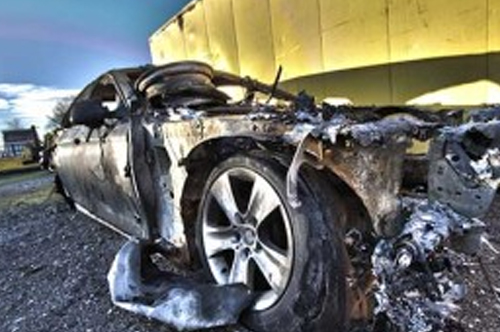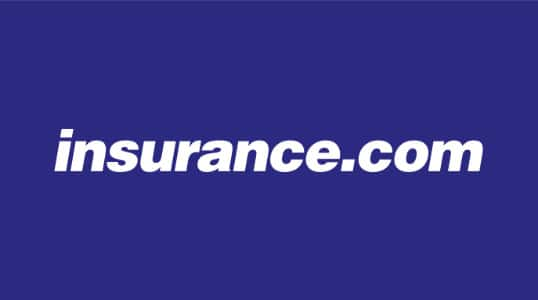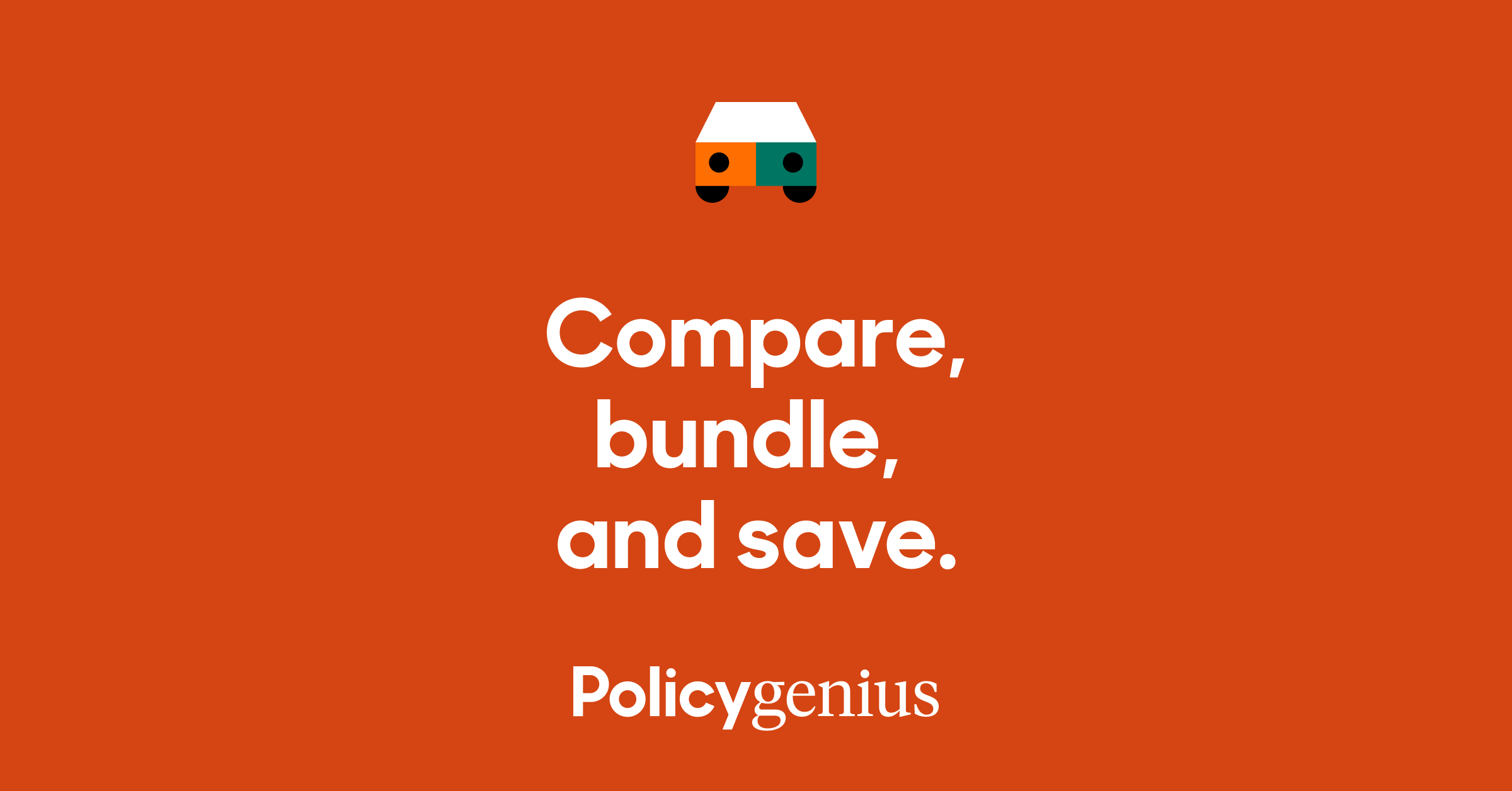The following six (6) items are things your insurance company definitely does not want you to know about when you’re negotiating the value of your vehicle.
You have been involved in a car accident and your car is totaled (this means that the car costs more to fix than it is worth). If the insurance company offers you a settlement on your total-loss claim, the following six (6) items are things your insurance company definitely does not want you to know about when you’re negotiating the value of your vehicle.
1.) The Total-Loss-Settlement Amount Your Insurance Company Offers Include Mandatory Taxes And Fees. Your insurance company is required to pay you what is known as the actual cash value (ACV) of your vehicle. ACV is the market value of the vehicle taking into consideration pre-loss condition, options, and mileage. To determine the amount it will pay you, your insurance carrier researches your vehicle’s market value by comparing your vehicle to vehicles that are for sale in your local area.
EXAMPLE: If your insurance company offers you $10,000 to replace your vehicle, and you search the local market and find your car selling for around $10,000, you may be tempted to accept their offer. However, they are trying to cheat you out of $875. Even though the ACV for your vehicle is $10,000, they have unfairly valued your vehicle at $9,125. The carrier merely included the sales tax already owed to you in their offer. If the market value of your vehicle is $10,000, the insurance company owes you $10,875 ($10,000 + 8.75% tax).
2.) Payment Of An Undisputed Part Of A Claim Is Required By Department Of Insurance Regulations, And Does Not Bar A Further Recovery Of Benefits Under Your Policy. The Department of Insurance’s regulations make it clear that every insurer shall immediately, but in no event more than thirty (30) calendar days later, tender payment of the amount of the claim which has been determined and is not disputed by the insurer. [CaliforniaCode of Regulations, Title X, Chapter 5, Subchapter 7.5, Section 2695.7(h)]
Moreover, an insurer may not issue a check in partial settlement of a loss or claim that contains language releasing the insurer or the insured from total liability unless the policy limit has been paid or there has been a compromise settlement agreed to by the claimant and the insurer. [10 Cal. C. Regs. § 2695.4(f)]





/GettyImages-1344251878-cff99ad80f7b4839bfd3313e226e5c92.jpg)

















